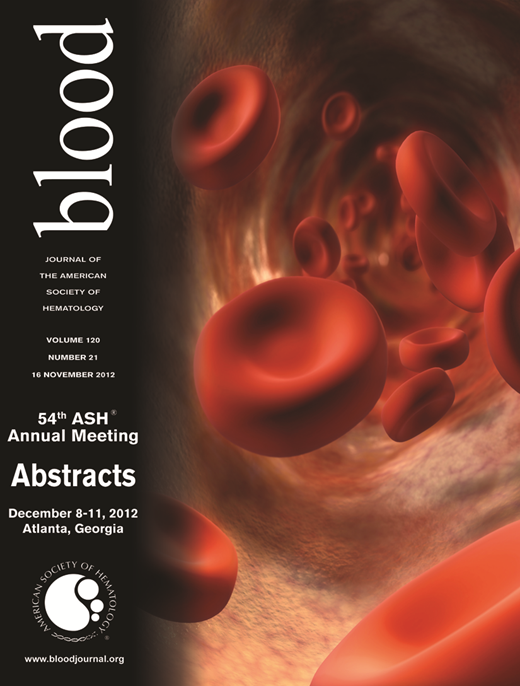Abstract
Abstract 4370
Rivaroxaban is the first orally active direct factor Xa inhibitor FDA approved for anticoagulation in non-valvular atrial fibrillation. Rivaroxaban has several remarkable aspects-it has less incidence of fatal bleeding and intracranial hemorrhage compared to Warfarin, excellent pharmacodynamic profile as an oral agent (high bioavailability (80–100%) and short half-life (7 to 11 hours), and it is reversible- which highlights Rivaroxaban as a promising future anticoagulant. However, 1.71% of Rivaroxaban arm in ROCKET-AF (New Eng J Med 2011;365:883-91) trial developed breakthrough stroke or systemic embolism while on therapeutic dose. We present the first report of breakthrough stroke in a patient with non-valvular atrial fibrillation anticoagulated with Rivaroxaban.
A 52-year-old Caucasian male with non-valvular atrial fibrillation presented with aphasia, right-sided weakness and right facial droop. The patient was newly started on Rivaroxaban for two weeks followed by successful elective cardioversion a day prior to admission. One hour prior to admission, the patient was found with global aphasia, right hemianopsia and hemiparesis consistent with left MCA stroke. Ischemic CVA was confirmed with non-contrast CT. The patient underwent emergent cerebral angiogram and successful mechanical thrombolysis (Solitaire) of left MCA embolus. A week later, neurologic condition improved to hemiparetic and independent gait with residual dysarthria and right facial droop. Given his breakthrough embolic event, the choice of anticoaulgation was changed to Dabigatran.
We have demonstrated the first case of breakthrough stroke while on therapeutic dose of Rivaroxaban in a patient with non-valvular atrial fibrillation. In a subset of patients with ischemic stroke while on therapeutic doses of oral anticoagulants, mechanical thrombolysis is crucial and intravenous thrombolytics should be avoided to minimize risk of intracranial hemorrhage. The effectiveness of alternative anticoagulation after failing Rivaroxaban needs to determined with further studies.
No relevant conflicts of interest to declare.
Author notes
Asterisk with author names denotes non-ASH members.

